Since May is National Wildfire Awareness Month, this is a good time to remind taxpayers to create or review an emergency preparedness plan. Every emergency preparedness plan should include protecting important tax-related documents.
It’s important to prepare for disasters. In 2021, the Federal Emergency Management Agency (FEMA) declared at least 21 major natural disasters. These disasters included hurricanes, tropical storms, tornadoes, severe storms, straight-line winds, flooding, landslides and mudslides, wildfires and winter storms.
Secure key documents and make copies. Taxpayers should place original documents such as tax returns, birth certificates, deeds, property titles and insurance policies inside waterproof containers in a secure space. Duplicates of these documents should be kept with a trusted person outside the taxpayer’s area. Scanning them for backup storage on electronic media such as a flash drive is another option that provides security and portability.
Document valuables and equipment. Taxpayers should have current photos or videos of the contents of their home and/or business. Photos and videos can support insurance claims or claims for tax benefits after a disaster. All property, but especially expensive and high value items, such as artwork and jewelry, should be photographed. Along with your important documents, copies of these photos should be kept with a trusted person outside the taxpayer’s immediate area.
Note. Taxpayers can find disaster loss workbooks in IRS Publication 584. These workbooks can help individuals compile lists of personal belongings or business equipment. Also, some homeowner insurance companies allow policy holders to upload pictures of their home’s contents. Taxpayers should remember to take new pictures at least once a year to capture any new purchases or improvements to their home or business.
Employers should check fiduciary bonds. Employers who use payroll service providers should ask the provider if it has a fiduciary bond in place. A fiduciary bond could protect the employer in the event their payroll service provider fails to make required tax payments because of a disaster.
Reconstructing records. Taxpayers who don’t prepare may wind up trying to reconstruct their records after a disaster for tax purposes, getting federal assistance or making insurance claims. This is why its so important to keep either physical or electronic copies of all important documents.
Taxpayers who lose some or all of their records during a disaster can find information on how to reconstruct their tax records at Reconstructing Records.
Source: Checkpoint Newsstand 5/12/22


.png)



